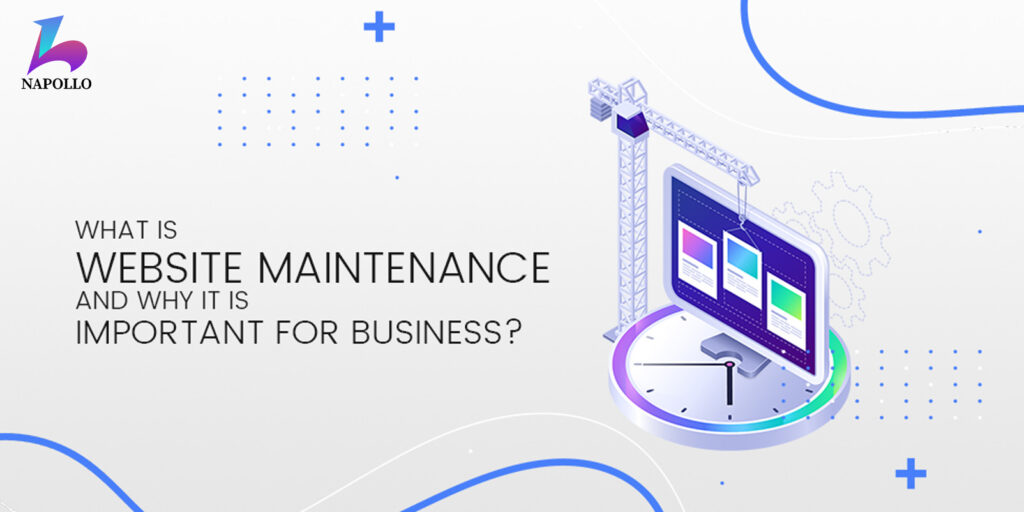As the digital landscape continues to expand, most businesses are riding the wave, harnessing the power of the internet to engage customers, market products, and increase sales. Yet, some companies remain rooted in tradition, choosing to operate without websites. While this may not entirely thwart their operations, it significantly curtails their potential for growth. Let’s delve into the various disadvantages that companies without websites face in today’s digital era.
1. Limited Market Reach
The primary setback of operating without a website is the restriction of a company’s market reach. Websites offer businesses the advantage of transcending geographical boundaries, providing global visibility for their products or services. Companies without this digital platform are largely invisible to potential customers beyond their immediate physical locale, significantly reducing their customer pool.
2. Reduced Credibility
In an age where consumers are increasingly digital-savvy, the absence of a website could erode a company’s credibility. Many consumers equate a professional online presence with legitimacy and trustworthiness. Without a website, a company risks appearing outdated or less reliable, losing out to competitors with comprehensive and engaging online platforms.
3. Lack of Customer Engagement
A website is not merely a platform to display product information; it’s an avenue for engaging and interacting with customers. It’s where businesses can post updates, answer FAQs, receive feedback, and provide personalized assistance. By operating without a website, companies lose this valuable opportunity for engagement and interaction, making it harder to build strong relationships with their customers.
4. Missed Online Sales Opportunities
E-commerce has been growing exponentially, with more and more customers preferring to shop online for its convenience and variety. A company without a website is unable to tap into this growing market segment, missing out on potential sales and profit.
5. Absence of Digital Marketing Opportunities
Digital marketing is a powerful tool for businesses, with strategies like SEO, content marketing, and pay-per-click advertising allowing companies to reach their target audience more effectively. However, without a website, these strategies are impossible to implement, reducing the company’s marketing efficacy.
6. Limited Access to Customer Insights
Website analytics provide valuable insights into customer behavior, preferences, and trends. These insights can guide product development, marketing strategies, and customer service improvements. Operating without a website, companies lose access to this vital information, making it harder to adapt and respond to their customers’ needs and market trends.
7. Increased Difficulty in Competing
Without a website, a company finds itself at a disadvantage in the competitive business landscape. Companies with websites can attract customers with enticing visuals, compelling content, customer testimonials, and a smooth user experience. On the other hand, companies without a website struggle to compete on the same level, as they lack a vital tool to showcase their offerings and engage with customers.
In conclusion, operating without a website in the digital age is a risky strategy that puts companies at a distinct disadvantage. While some businesses may still choose this path due to various reasons, it’s crucial for them to recognize the numerous opportunities they might be missing out on. In the end, the absence of a website could lead to reduced visibility, credibility, and profitability, stifling the company’s growth potential in the long run.









